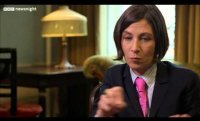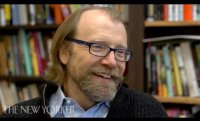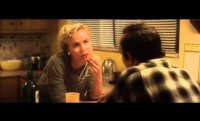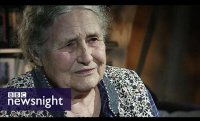The National Book Foundation will kick off National Book Awards Week tonight in Brooklyn, New York, with its annual 5 Under 35 celebration, during which five emerging fiction writers under the age of thirty-five will be honored for their work.
The 2013 5 Under 35 honorees are: Molly Antopol, The UnAmericans (Norton, 2014), selected by Jesmyn Ward; NoViolet Bulawayo, We Need New Names (Reagan Arthur Books, 2013), selected by Junot Díaz; Amanda Coplin,The Orchardist (Harper, 2012), selected by Louise Erdrich, the 2012 National Book Award winner in fiction; Daisy Hildyard, Hunters in the Snow, (Jonathan Cape, 2013), selected by Kevin Powers; and Merritt Tierce, Love Me Back (Doubleday, 2014), selected by Ben Fountain.
Carrie Brownstein, a musician and the co-creator, writer, and star of Portlandia, will host the event. Author Colson Whitehead will DJ, and Fiona Maazel, a 2008 5 Under 35 honoree and author most recently of the novel Woke Up Lonely (Graywolf Press) will moderate a conversation with the writers.
Established in 2006, the 5 Under 35 five program honors five young fiction writers each year, who are selected by past National Book Award winners and finalists. The program has recognized emerging writers such as Téa Obreht, Karen Russell, and Justin Torres. Each of the winning authors receives a cash prize of $1,000. For the first time in the program’s history, the selected authors are all women.
The annual National Book Awards ceremony—during which the winners of the 2013 National Book Awards in poetry, fiction, nonfiction, and young people’s literature will be announced—takes place this Wednesday night in New York City. For live coverage of tonight’s 5 Under 35 celebration follow Prize Reporter on Twitter, and stay tuned to the G&A Blog for continued coverage of National Book Awards Week.









